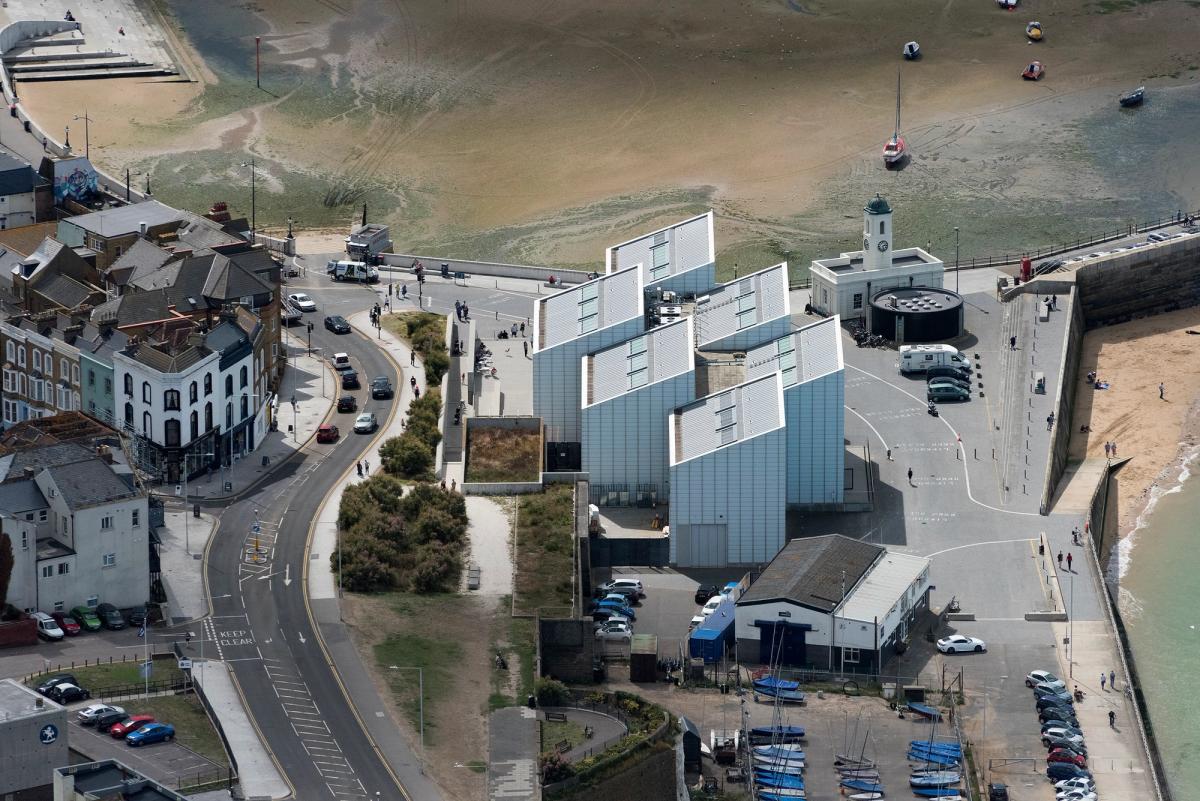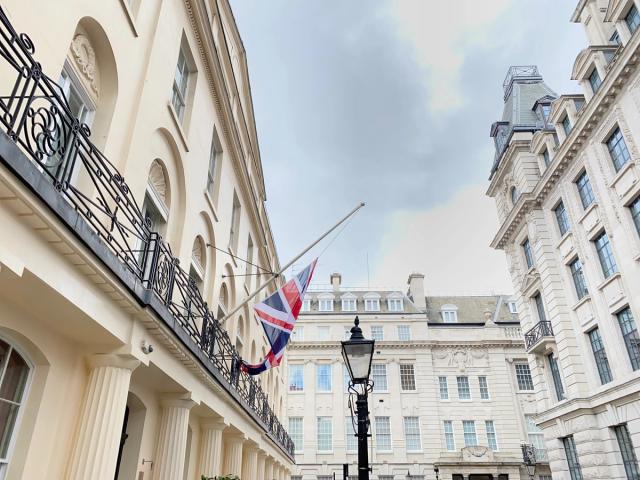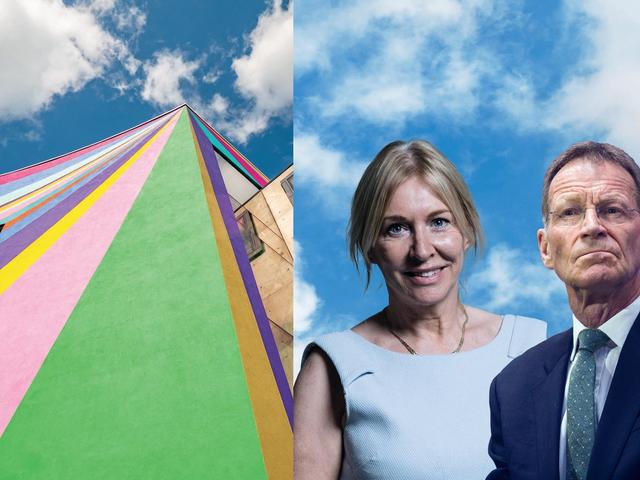I was preparing lunch on a grim recent Sunday, listening to The World This Weekend on BBC Radio 4. I was expecting to hear news from the war in Ukraine or Britain’s strike wave. Instead, to my surprise, the focus was on the arts.
The fluent Jonny Dymond began in Leeds. The year should have marked Britain’s turn as European Capital of Culture, but we know what happened to that dream. Instead, Leeds 2023 is having to make do with entertaining folk on what the Germans call “the island”.
The presenter then travelled from the short distance to the Hepworth Wakefield, where he stated boldly: “Beauty is not enough. For people who have to make the hard choices, the gallery is not working for Wakefield.” He pointed out that the local authority there had, over the past four years, almost halved its grant.
On one level, who can blame councillors for slashing what’s left of their arts budgets? Local authorities across the UK have seen their budgets decimated by central government while the social and economic problems they have to deal with have worsened exponentially.
It was good, therefore, that the BBC had chosen to focus on the plight of cultural institutions. So why did the programme so infuriate me? It focused on two areas: the value of culture and government spending priorities. Or to put it another way: should galleries such as the Hepworth be required to demonstrate a return on investment? And should Whitehall’s resources be focused on national institutions based in London or on those outside, particularly in poorer parts?
To which my response is… a giant groan. Since the 1990s and the advent of culture-led regeneration—indeed earlier than that—these arguments have been had. Endlessly. Intrinsic value versus economic value, London versus the “regions” (a word in any case I abhor). These discussions are circular, and they are trite. I have lost count of the number of times they were aired in my recent incarnations setting up and chairing Turner Contemporary and then running the Creative Industries Federation.
Punishing success
The case for the Turner was proven beyond doubt. People flocked there in their hundreds of thousands. The town, for so long in the doldrums, began to believe in itself again. Now, colour supplements do features on the marvels of Margate almost weekly.
Indeed, my suspicion was that the more successful the gallery became—in its curation, visitor numbers and improvement of the town—the more civil servants saw it as an excuse to withdraw money, a very British case
of punishing success.
I left after eight enjoyable years, and I cannot complain about Kent County Council then or since. The Conservative-led council took a political risk in investing heavily at the outset immediately after the 2007-08 financial crisis. Now the situation is even worse, having to deal with the lorry/customs crisis (thanks, Brexiteers) and the migrant crisis, alongside an overall ailing economy.
One of the many pieces of lazy policymaking is the national/regional separation. I contended, and still do, that Turner Contemporary is a national institution, which just happens, and is proud to be situated outside the capital. The same goes for the Hepworth, the Baltic in Gateshead, Nottingham Contemporary and more. Such differentiation would be deemed absurd in more federalist Germany, and is increasingly redundant in France, with important offerings provided from Marseilles to Metz.
As for the value question, it has been pored over countless times by representative bodies, think tanks, academic institutions, the Arts Council and the Department for Culture, Media and Sport. I can still rattle off the figures, so ingrained are they in my head. The sector has been growing at twice the rate of the general economy; it accounts for more than two million jobs. My favourite: the creative industries provide £120bn gross value added. As for fishing, that struggles to bring in £1.6bn. Which one do ministers clamour to support?
At one function a few years ago, I was chastised by George Osborne, then chancellor, for “banging on” about the economic benefit. Why not arts for arts sake? To which I suggested he might tell his Treasury officials that. Instead, year after year the arts sector acts as a supplicant, having to “make the case” in a way that science, energy, automotive and all the many other sectors that have received government support do not have to.
Was the BBC programme a failure of journalism? Not really; it was only reflecting a wider lack of imagination. Was it a failure of the sector itself? Sadly, yes; it never feels comfortable talking tough to politicians. Was it a failure of policymaking? Most definitely, but plus ça change.
• John Kampfner is an author and broadcaster and executive director of the UK in the World programme at Chatham House




